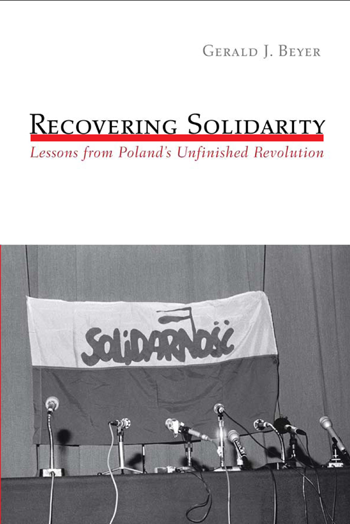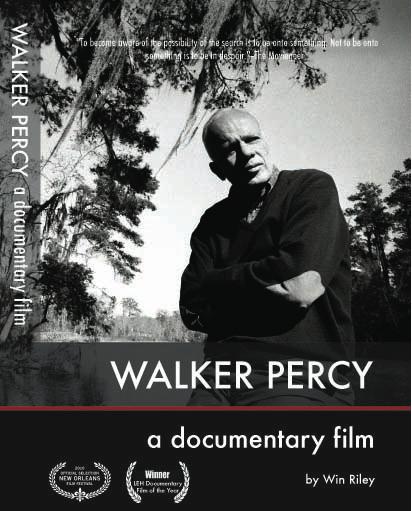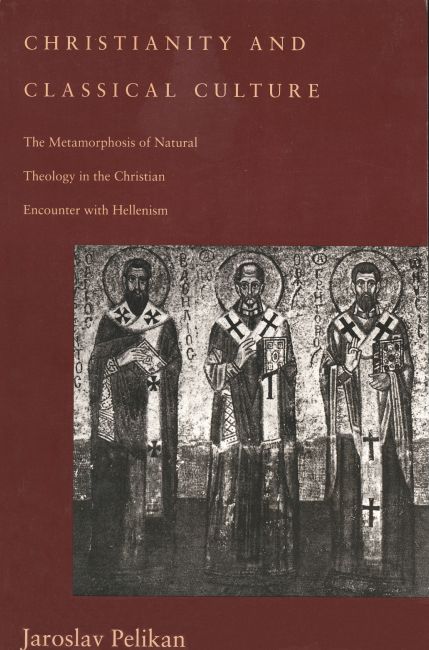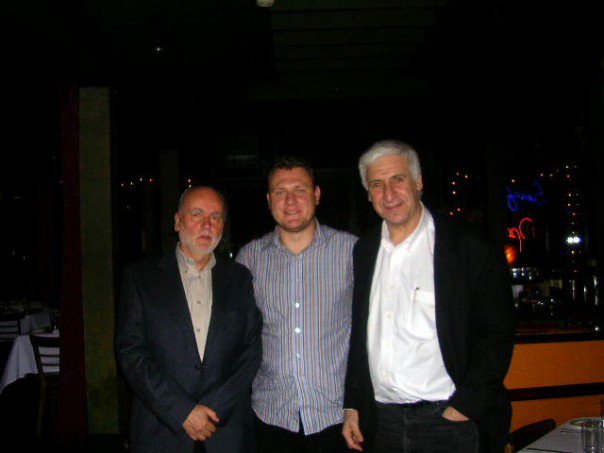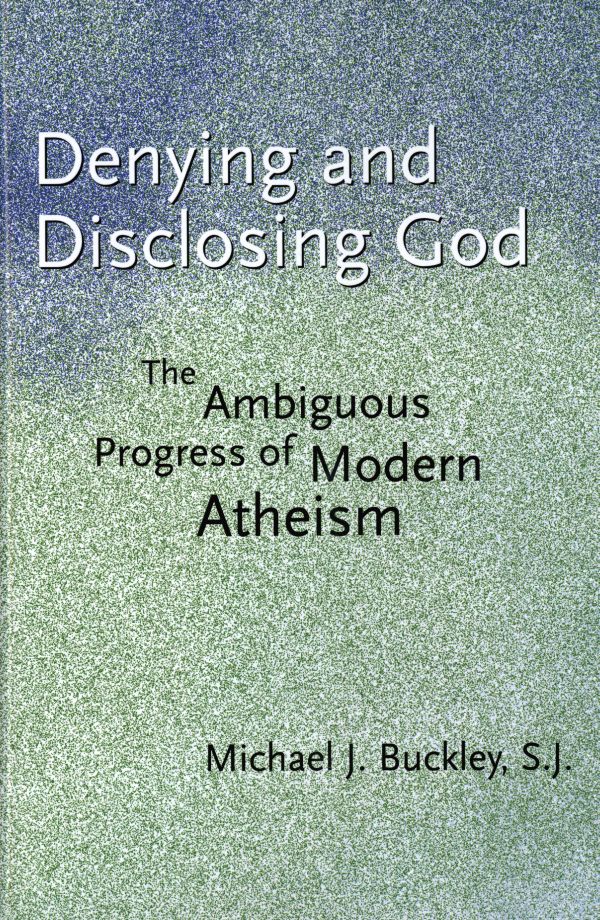Last night I went back and checked the Notre Dame Press overstock site on a hunch. I wanted to check whether they publish one of the few books I know of in English about the legacy of Solidarity from a theological viewpoint. Indeed, they do. Beyer’s Recovering Solidarity describes its task as follows: “Using Poland as a case study, Beyer explores the obstacles to promoting an ethic of solidarity in contemporary capitalist societies and attempts to demonstrate how the moral... Read more

